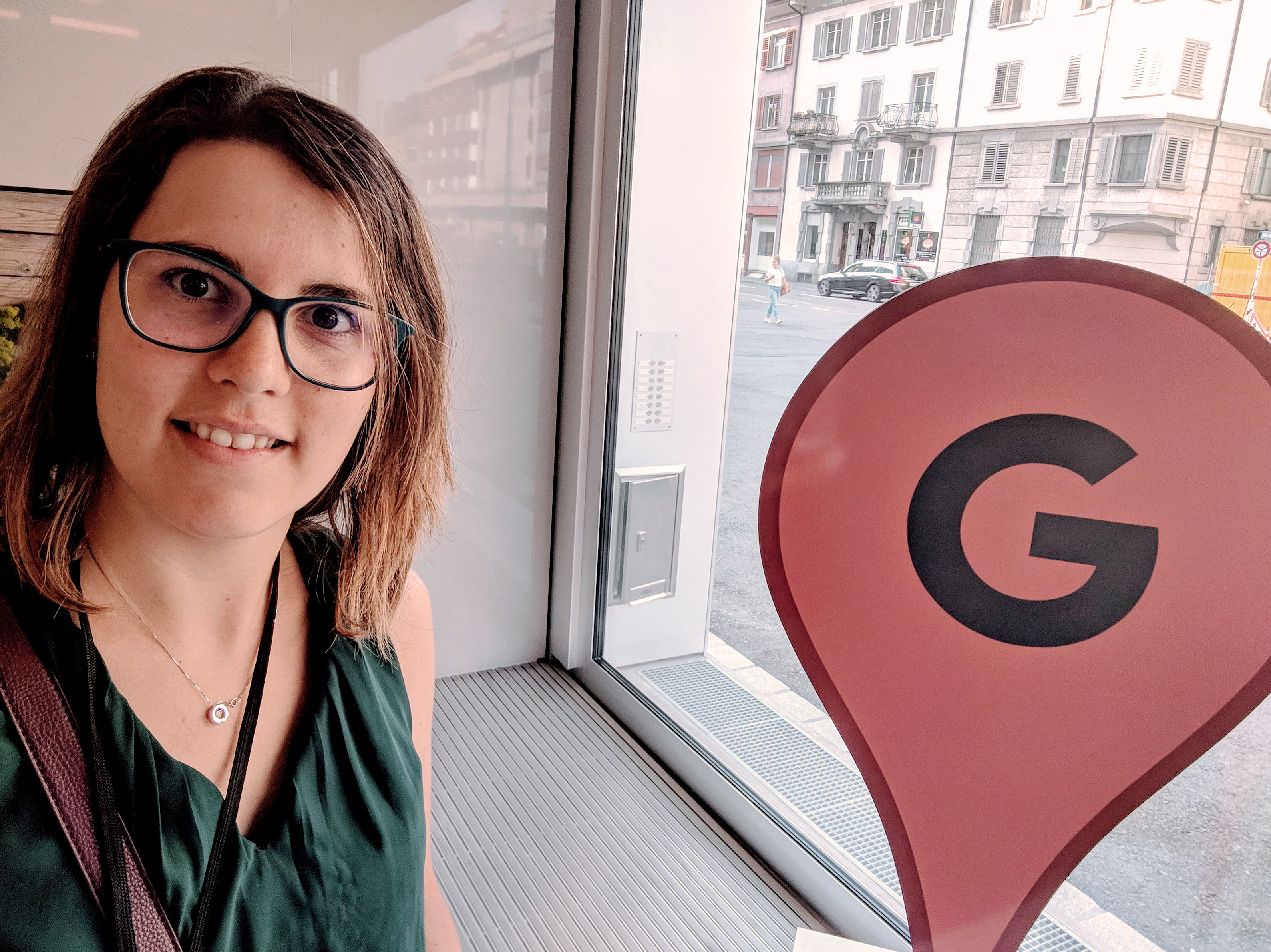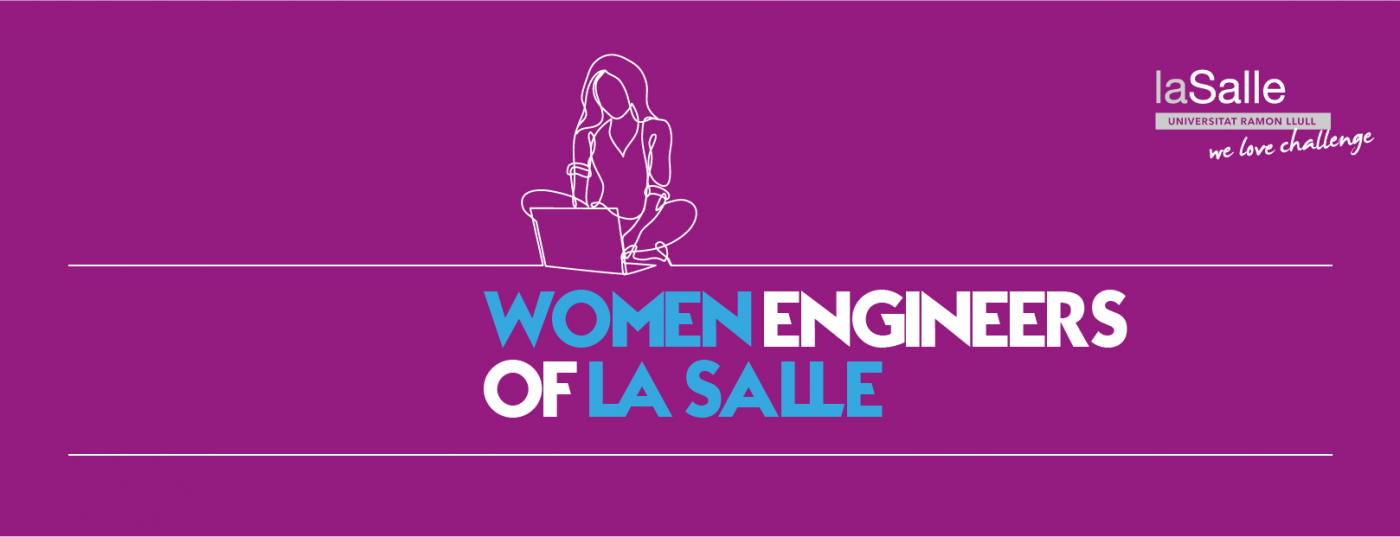- Where are you working at the moment?
I work at Google as a Site Reliability Engineer. The keywords that define my job are automation and self-management, meaning our team is dedicated to designing services so that they can work with the minimum human interaction possible. This means the system detects when there’s a problem, tries to solve them, and only in case of emergency does it warn a human.
- What motivated you to study an engineering degree?
A lot of things, from the impact you can have on buildings and creating new products to the challenge of solving problems. Engineering is the tool that allows us to apply machine learning to detect cancer, create a new smartwatch or design a firewall to protect you from potential computer attacks. In the end, what you do and where you apply your knowledge depends only on you.

Elisabeth Senmartí
- The number of young women getting into STEM subjects (Science, Technology, Engineering and Mathematics) such as engineering is still low. Why do you thank that is?
I’m sure there are lots of reasons why fewer women get into STEM degrees. The stereotypes of people in IT as anti-social nerds certainly don’t help. We should be highlighting women with brilliant careers that are sure to serve as an example for others (Susan Wojcicki, Sheryl Sandberg, Ruth Porat and many more)
- What do you think we could do to get more women interested?
The fact the IT guy in a popular series is the most successful character, stereotypes become less important. Little by little, we’re also placing technology in all aspects of our lives, and I believe that this will also help to open up the sector more.
- What do you think of the role of women in the sector?
A common characteristic of high-performance teams is the diversity of the individuals who make it up. By fostering this diversity, we enrich the development process and the final result, so it's important to incorporate variety, be it with women or with other collectives that aren't as present in the world of technology.
- What will the trend be in the coming years?
It seems that everything's starting to change. Technology is in all sectors, and thanks to that we’re dispelling some of the myths behind these jobs. Bear in mind that in a few years’ time, children will learn how to program once they learn how to rad, add and subtract, anyone will be able to implement IT programs to solve any basic need. Short term, machine learning will play an interesting role in areas such as medical research.
